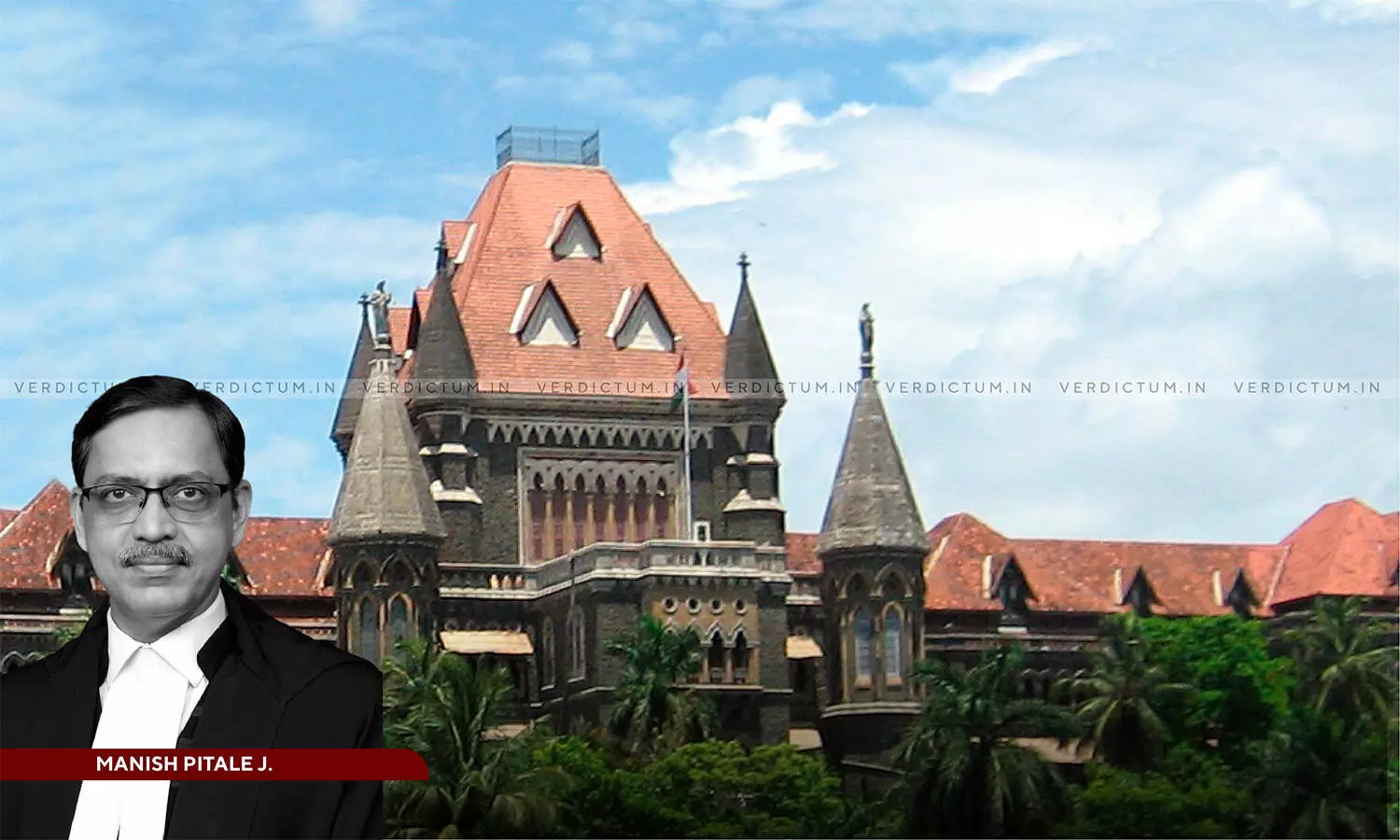Bombay High Court While Analysing Will & Codicils Executed By Ratan Tata

The Bombay High Court while analysing Will and Codicils of late industrialist and philanthropist Ratan Naval Tata (deceased), ordered that her sister Shireen Jamsetjee Jejeebhoy is entitled to costs for the proceedings from the estate of the deceased.
The Court was dealing with the proceedings being initiated as Originating Summons under Rule 238 of the Bombay High Court (Original Side) Rules, 1980, and the Plaintiffs were executors and executrices named in the Will.
A Single Bench of Justice Manish Pitale directed, “Question C is answered by directing that the plaintiffs would be entitled to costs for the present proceedings from the estate of the deceased. Question D is answered in terms of the findings rendered on questions A and B.”
The Bench held that listed and unlisted shares of the deceased not specifically covered elsewhere in the Will form part of the rest and residue of his estate.
Senior Advocate Aspi Chinoy represented the Plaintiffs while Senior Advocate P.J. Pardiwalla, Advocates Aditya Mehta, and Jai Munim represented the Defendants.

Facts of the Case
The Plaintiffs and Defendants were beneficiaries and Defendant Nos. 1 to 5 were trustees of the Ratan Tata Endowment Foundation and Ratan Tata Endowment Trust. The questions in the proceedings arose in the context of the Will and Codicils executed by Ratan Tata (deceased). The deceased, being a globally well-known industrialist and businessman, passed away on October 9, 2024.
He had executed a Will in February 2022 and thereafter, he executed four Codicils in April 2022, September 2022, March 2023, and December 2023. The Plaintiffs being the executors had applied for probate of the said Will and Codicils. Although there was no dispute amongst the parties, the Originating Summons were filed for determination of questions that arose in the context of the effect of the fourth Codicil on the Will and in that context, as to the manner in which the Will has to be read along with the four Codicils.
Reasoning
The High Court after hearing the submissions made by the parties, noted, “… it is clear that the Codicil while altering or adding to the dispositions under the Will is deemed to be forming part of the Will and the original Will has to be considered with the alterations introduced by the Codicils.”
The Court said that Paragraph No.13 of the Will pertains to residuary estate etc. and it consists of clauses A to D and that Clause A of paragraph No.13 of the Will directs that the rest and residue of the estate of the deceased is to be distributed equally between charity referred to in paragraph No.5 and the beneficiaries listed in paragraph No.8 of the Will.
“It is significant to note that clause A of paragraph No.13 of the Will makes no reference to the listed and unlisted shares of the deceased, not specifically covered elsewhere in the Will. Since financial properties defined in paragraph No.4 of the Will include shares, absence of reference to listed and unlisted shares of the deceased not specifically covered elsewhere in the Will indicates that such shares would stand bequeathed to the beneficiaries specifically mentioned in paragraph No.8 of the Will”, it added.
The Court, however, noted that clause 1 of the fourth Codicil substitutes paragraph No.13 of the Will, making no reference to the beneficiaries listed in paragraph No.8 of the Will and additionally includes listed and unlisted shares of the deceased not specifically covered elsewhere in the Will in the rest and residue of the estate of the deceased.
“It is relevant to note that if the substituted paragraph No.13 as per clause 1 of the fourth Codicil is applied in the context of listed and unlisted shares, paragraph No.8 of the Will already having dealt with the same, would lead to a situation where no listed and unlisted shares of the deceased would be available for the Ratan Tata Endowment Foundation and Ratan Tata Endowment Trust. Considering the effect of clause 1 of the first Codicil, which substituted paragraph No.5 of the Will and the intention and the thrust of the deceased towards making available large part of his estate for charitable purposes to the Ratan Tata Endowment Foundation and Ratan Tata Endowment Trust, question A framed in the present proceedings will have to be answered with this in mind”, it further remarked.
The Court also found that although clause 1 of the fourth Codicil states that paragraph No.13 of the Will stands deleted and it is substituted in the manner specified in the said clause, the language of the substituted paragraph No.13 replaces the language of clause A of paragraph No.13 of the Will.
“Since the Codicil will prevail and the Will has to be considered with such alteration/addition made by the Codicil, question A framed in these proceedings is answered by holding that listed and unlisted shares of the deceased not specifically covered elsewhere in the Will form part of the rest and residue of his estate and stand bequeathed to Ratan Tata Endowment Foundation and Ratan Tata Endowment Trust in equal shares absolutely”, it also held.
Accordingly, the High Court disposed of the proceedings.
Cause Title- Shireen Jamsetjee Jejeebhoy & Ors. v. Jamsheed Mehli Poncha & Ors. (Neutral Citation: 2025:BHC-OS:8760)
Appearance:
Plaintiffs: Senior Advocate Aspi Chinoy, Advocates Karl F. Tamboly, Anuj Desai, J.N. Mistry, and Vijaya D. Rao.
Defendants: Senior Advocate P.J. Pardiwalla, Advocates Aditya Mehta, Jai Munim, Rohan Dakshini, Shweta Jaydev, and Atul K. Jasnani.




